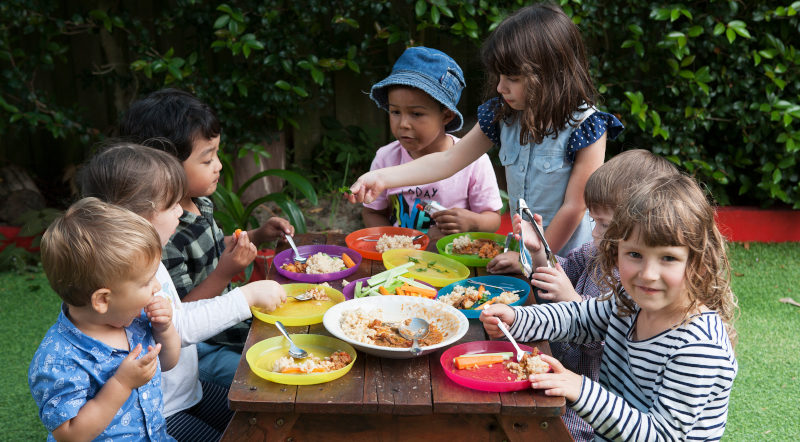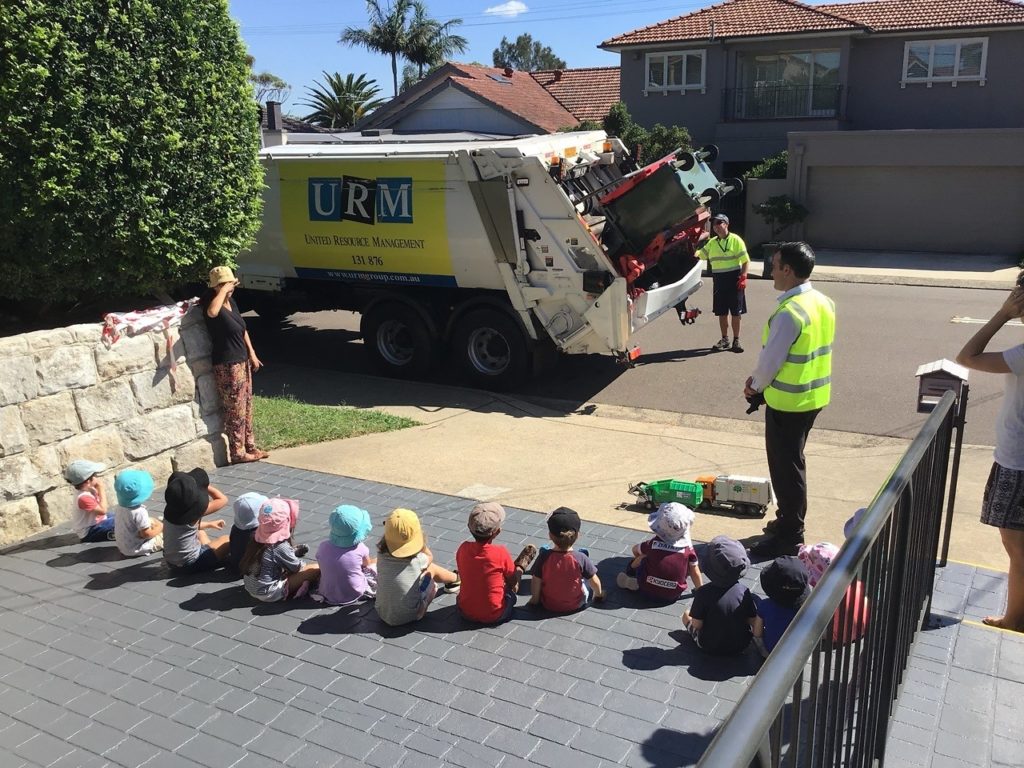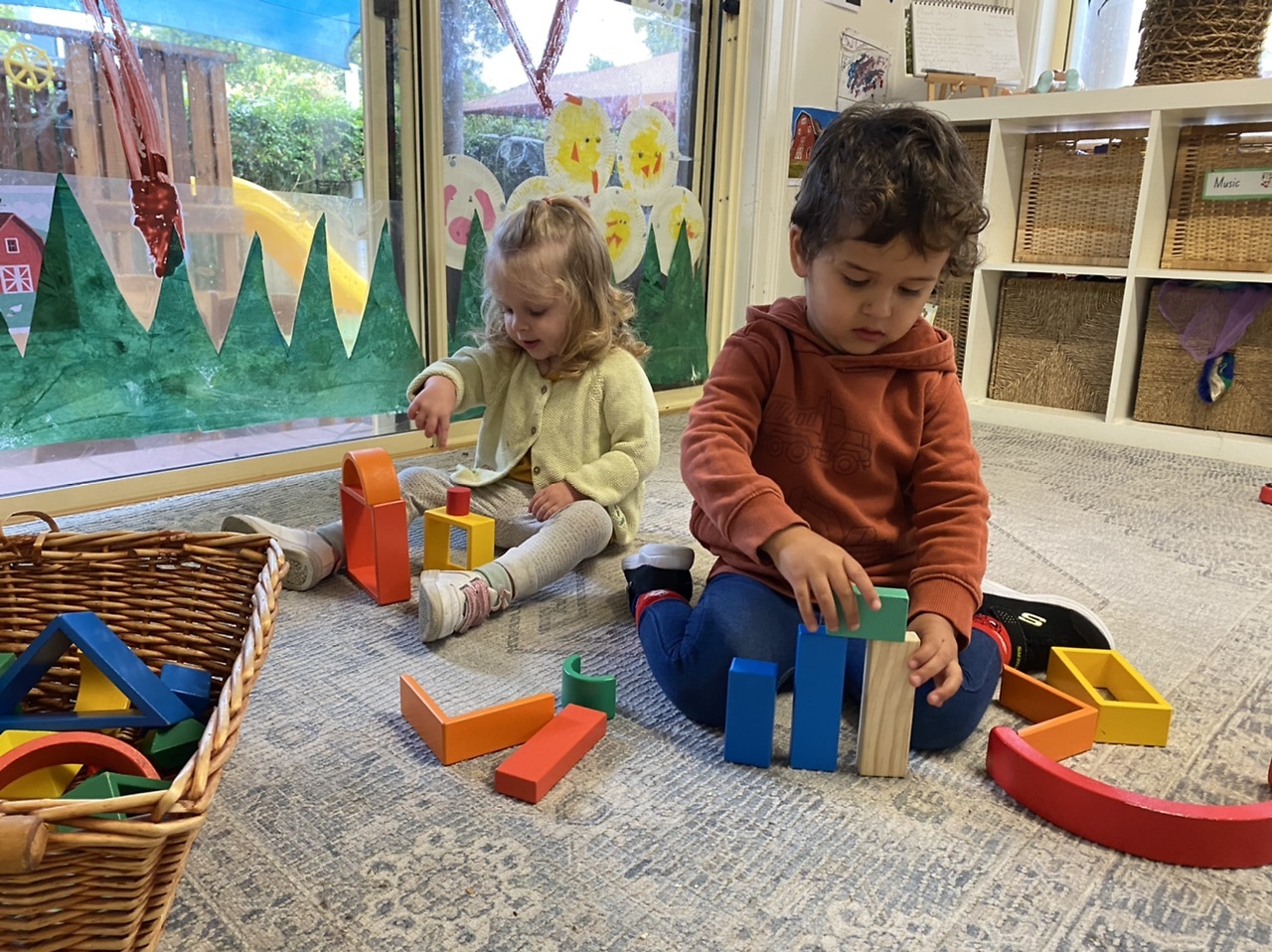This age is an exciting time where children are learning to master skills like walking, talking and playing with friends. They are also keen to explore and are constantly making new observations and understanding the world around them. This is a time when children will rapidly expand their vocabulary, and develop their interests.
Children in our Toddler room will enjoy:


Our toddlers start in this room around their second birthday, or when they are ready. We begin the transition 2-3 weeks beforehand, giving the child opportunities to spend time in the toddler room during morning and afternoon tea. This is a great opportunity to get to know the children and educators before the change.
We communicate with the Nursery educator and families and ensure the child is ready by sighting:
Our play-based learning program includes well-resourced and intentionally planned experiences which are led by the children’s interests and developments.
Some of our previous interests and projects were based on; roles in our community; dinosaurs; what lives in the sea and celebrations from around the world. Daily experiences may include play dough, sand play, obstacle course, messy craft and play, outdoor games and free play, painting, cooking, music, block and construction play, as well as sharing stories, rhyme, song, the list goes on.
The Early Years Learning Framework is our guiding curriculum document. This along with our children’s interests and family input influences the program.
The five learning outcomes are:

Click on the button now to add your child’s name to the waitlist.
We will contact you within 24 hours for an update on availability!
Please click on the button to book your visit during the available time.
Please send us an email if you require an alternative time.
We look forward to meeting you and your family!